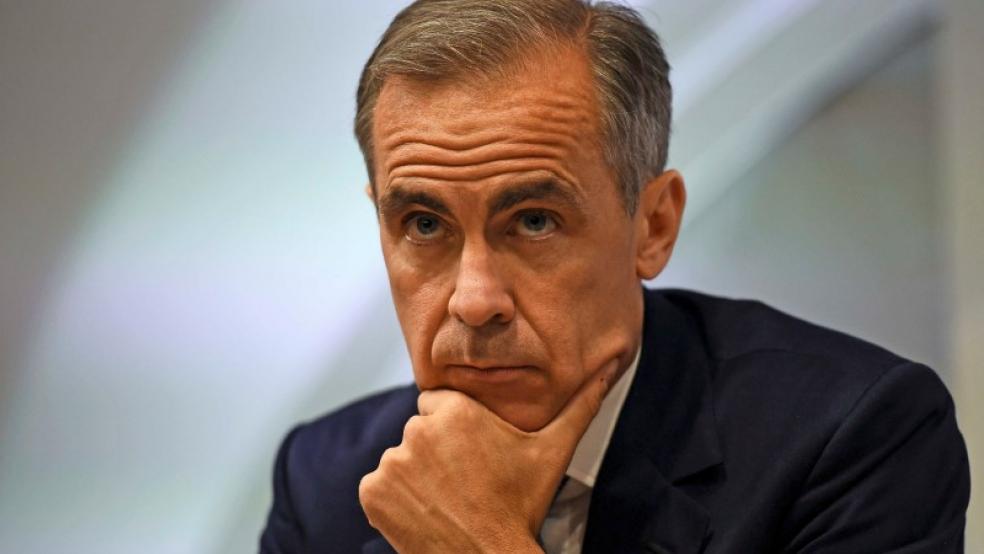The BoE said Carney would deliver a speech at 1500 GMT at the Bank and then take questions from journalists.
Last week's decision by British voters to leave the EU shocked global financial markets, sending the pound to a 31-year low against the dollar earlier this week and wiping $3 trillion off stock markets around the world.Markets have since stabilized but many economists expect Britain's economy is now set for a recession, something Carney said was a possibility ahead of the June 23 referendum.Carney responded quickly to the result of the vote, saying early on Friday that the BoE would do what was needed as Britain's economy adjusts to the decision to leave the EU. He also said in Friday's televised address that the BoE could provide more than 250 billion pounds ($338 billion) in extra liquidity and "substantial" access to foreign currency to ease any squeeze in markets.Carney has previously said it was not automatic that BoE should relax monetary policy in the event of a so-called Brexit decision, given the risk of higher inflation from a weaker exchange rate.But economists polled by Reuters on Friday were convinced the BoE's next move will be to cut interest rates to new record lows, possibly in combination with an expansion of its asset purchase program.The poll also pointed to a more than 50 percent chance that Britain will fall into recession. No economist thought the BoE was likely to hike interest rates as its next move.The BoE's next scheduled monthly policy announcement is due on July 14.Finance minister George Osborne has said Britain will have to cut spending and raise taxes to keep on fixing the public finances, but he said he would not rush through new austerity measures, something he had said he would do in the event of a "Leave" vote before the referendum. (Reporting by David Milliken and Andy Bruce,; editing by Stephen Addison and William Schomberg)Bank of England's Carney to speak on Thursday as UK reels from Brexit vote

DYLAN MARTINEZ



